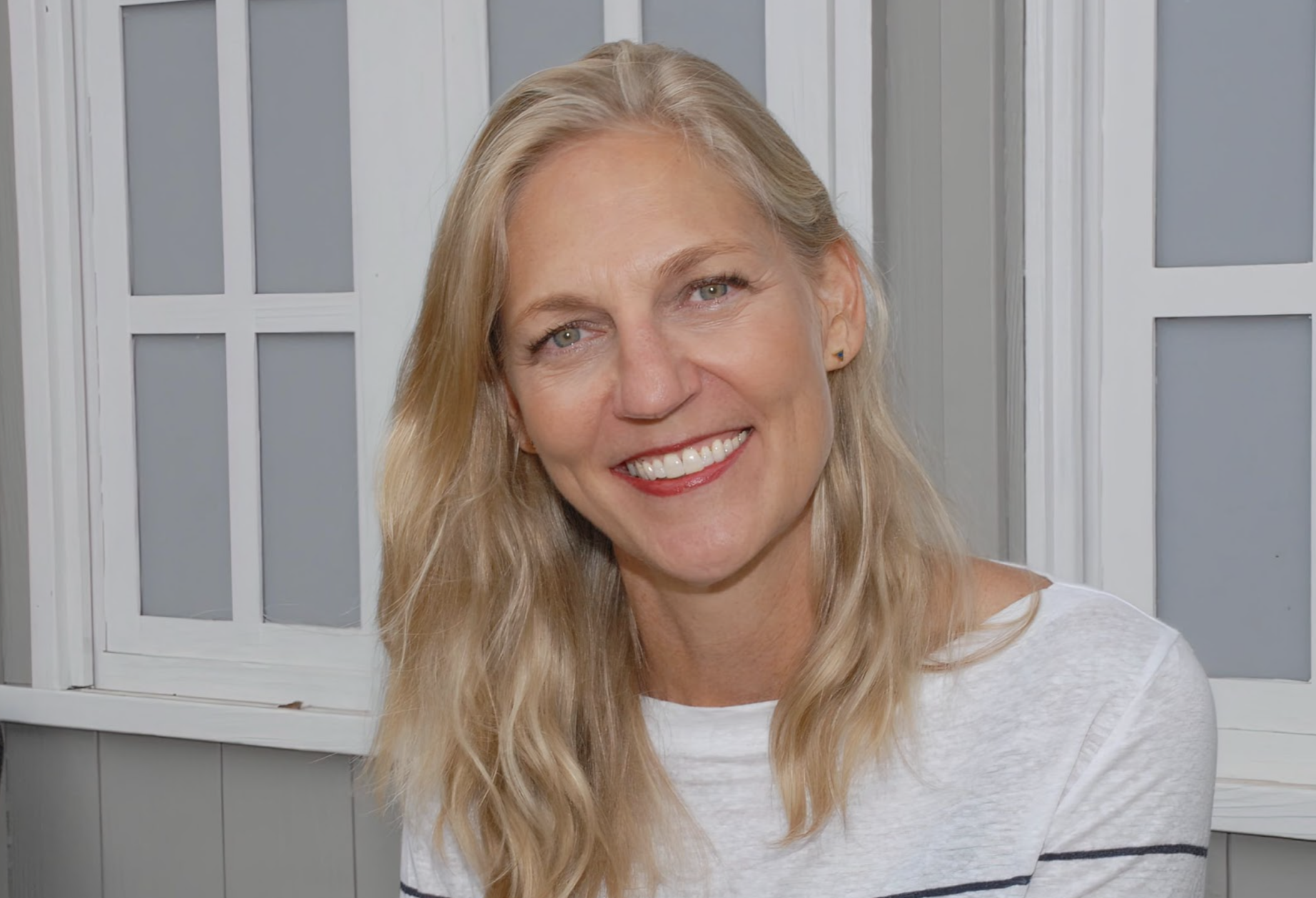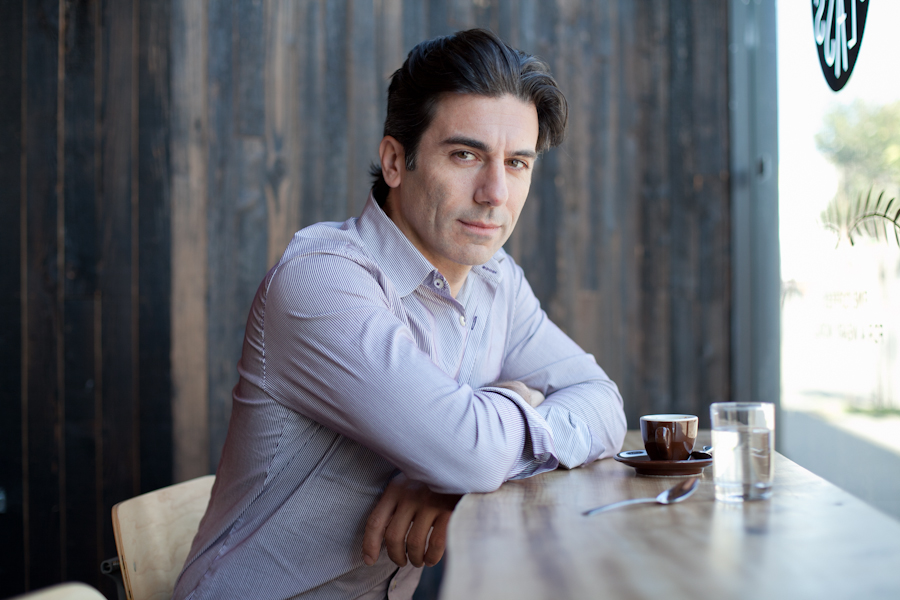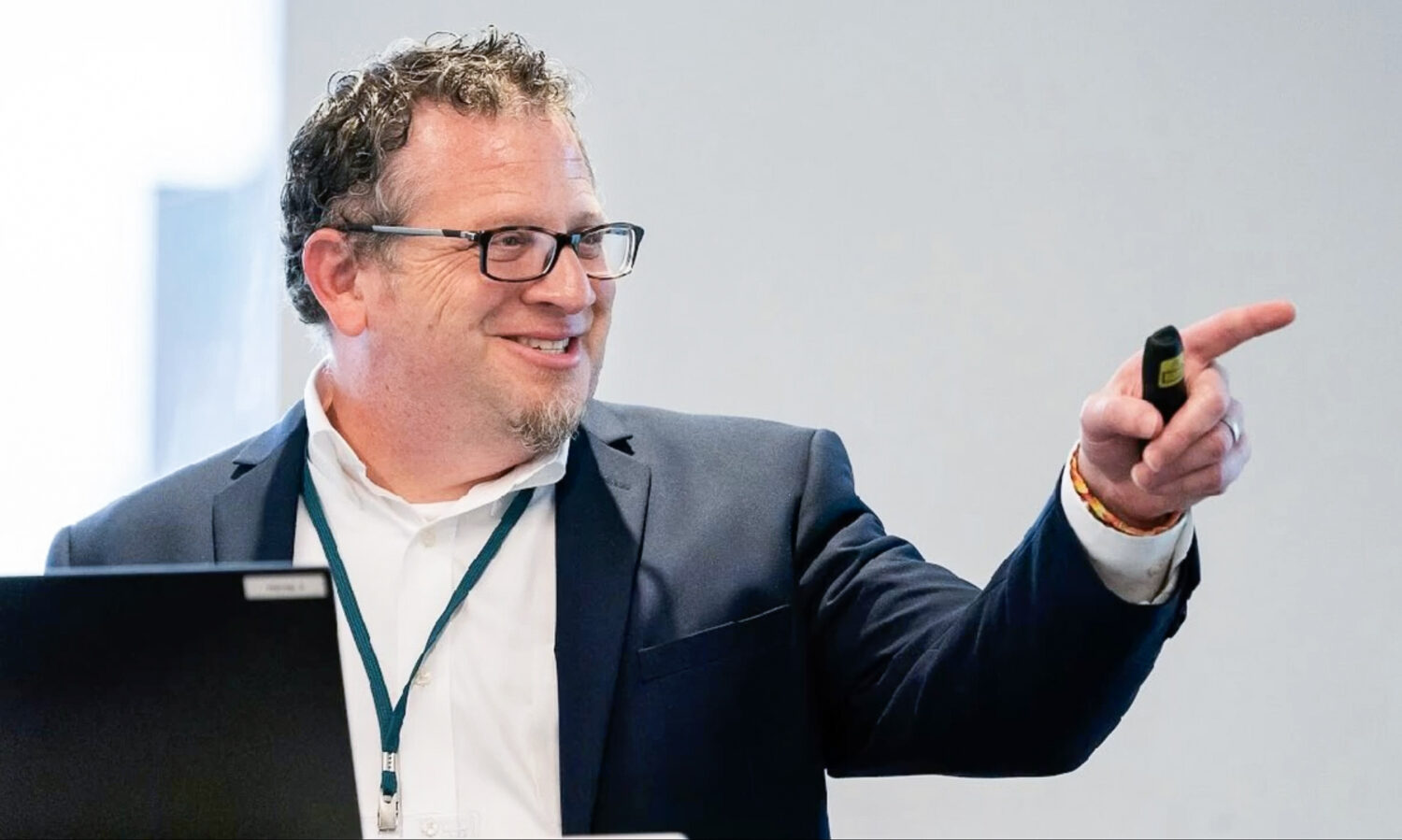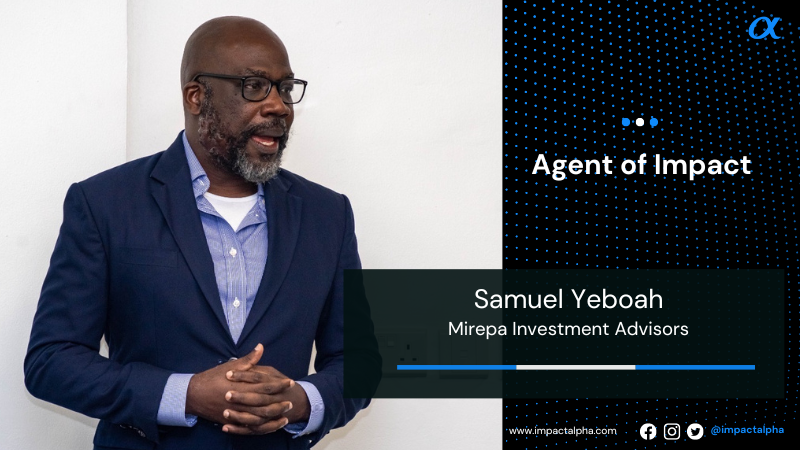ImpactAlpha, Feb. 4 – Of the nine “Operating Principles for Impact Management,” arguably the most important is the last one: “publicly disclose alignment” and “provide regular independent verification.” In the three years since the principles were launched, more than 150 impact fund managers have signed on; at least 110 have provided disclosures. Of the 85 independent verifications, about 40% have been conducted by BlueMark, a spinoff of the consultancy Tideline.
Last month, BlueMark closed on $2.25 million in seed financing (and $3.75 million in total) to build a business around impact verification. “We believe the Principles represent not just best practice for impact management, but over time will evolve into best practice investment management writ large,” Leijonhufvud, BlueMark’s CEO, said on an ImpactAlpha Agents of Impact call two years ago. Many assessments later, that process is well underway. Measuring fund managers against the benchmarks BlueMark has built on the growing data set is becoming a key aspect of due diligence for institutional investors and family offices looking for verifiable impact (disclosure: BlueMark is a sponsor of ImpactAlpha).
The creation of a baseline for impact integrity is something of a life’s work for Leijonhufvud. The daughter of UCLA economist Axel Leijonhufvud, she served as the World Bank’s country officer for Kazakhstan, Kyrgyzstan and Turkmenistan following the breakup of the Soviet Union. As a self-described “risk nerd,” she led teams at J.P. Morgan on sovereign risk, credit risk and emerging-market risk before co-founding the bank’s social finance unit. That team’s 2010 report, “Impact Investments: An Emerging Asset Class,” provided mainstream validation for the nascent investment approach (although the “asset class” formulation quickly fell out of favor).
With questions about impact investing’s potential for financial returns largely settled, attention has shifted to whether the impact is real. A new International Sustainability Standards Board is harmonizing ESG and impact reporting frameworks. BlueMark has started to assess asset managers under Europe’s new Sustainable Finance Disclosure Regulation, or SFDR. The real advance will come in the move from disclosure to performance. “Acting on impact data is not about tracking a handful of universal metrics,” Leijonhufvud and co-authors wrote recently on ImpactAlpha. The holy grail: knowing “how and which investment decisions can lead to better and longer-lasting outcomes for society and the planet.”











